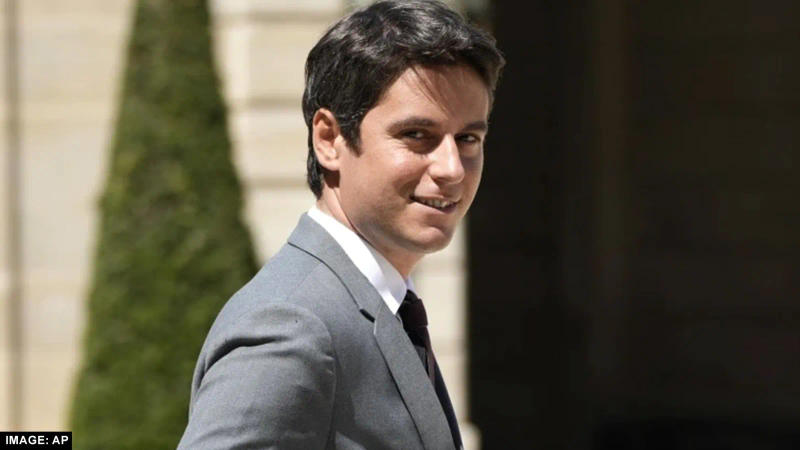Published 07:53 IST, July 8th 2024
France Elections: PM Attal to Resign After Prez Macron's Coalition Loses Majority. What's Next?
Attal will be handing over his resignation on Monday, July 8 to President Emmanuel Macron

French PM Attal to Resign After Prez Macron's Coalition Loses Majority. What's Next? | Image:
AP
- Listen to this article
- 3 min read
Advertisement
07:53 IST, July 8th 2024




